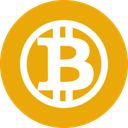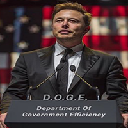-
 Bitcoin
Bitcoin
$98,085.8333
1.31% -
 Ethereum
Ethereum
$3,597.8071
4.08% -
 XRP
XRP
$2.4532
0.61% -
 Tether USDt
Tether USDt
$0.9996
0.05% -
 Solana
Solana
$217.1572
3.85% -
 BNB
BNB
$718.9823
1.97% -
 Dogecoin
Dogecoin
$0.3880
13.84% -
 USDC
USDC
$0.9999
0.00% -
 Cardano
Cardano
$1.0846
5.82% -
 TRON
TRON
$0.2676
1.38% -
 Avalanche
Avalanche
$41.9029
4.25% -
 Chainlink
Chainlink
$23.1968
5.08% -
 Sui
Sui
$4.9022
12.19% -
 Toncoin
Toncoin
$5.7745
2.35% -
 Shiba Inu
Shiba Inu
$0.0000
7.95% -
 Stellar
Stellar
$0.4632
2.71% -
 Polkadot
Polkadot
$7.7722
6.81% -
 Hedera
Hedera
$0.3107
2.43% -
 Bitcoin Cash
Bitcoin Cash
$479.7867
3.90% -
 Uniswap
Uniswap
$14.9547
4.97% -
 Pepe
Pepe
$0.0000
4.03% -
 Litecoin
Litecoin
$111.4400
5.80% -
 UNUS SED LEO
UNUS SED LEO
$9.0859
0.01% -
 Hyperliquid
Hyperliquid
$23.4500
0.30% -
 Bitget Token
Bitget Token
$6.2102
-0.65% -
 NEAR Protocol
NEAR Protocol
$5.8122
5.50% -
 Internet Computer
Internet Computer
$12.4177
13.26% -
 Ethena USDe
Ethena USDe
$0.9985
0.07% -
 Aptos
Aptos
$9.7840
5.46% -
 Dai
Dai
$1.0004
0.04%
EGLD coin appreciation space is large
EGLD's technological innovations, such as sharding and adaptive state sharding, coupled with its diverse use cases ranging from DeFi to supply chain management, enhance its potential for appreciation within the blockchain landscape.
Nov 09, 2024 at 04:28 pm
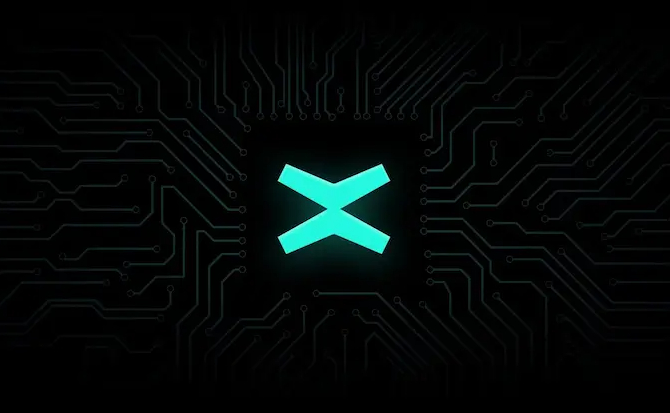
EGLD Coin Appreciation: A Comprehensive Exploration of Its Vast Potential
Introduction
EGLD, the native token of the Elrond Network, has garnered significant attention within the blockchain community due to its impressive technological capabilities and the wide-ranging applications it enables. This article delves into the reasons underlying EGLD's perceived appreciation potential within the blockchain landscape.
Technological Advancements
EGLD's technological prowess is a key factor driving its potential growth. The Elrond Network boasts several innovative features, including:
- Sharding: Elrond's unique sharding mechanism partitions the network into multiple segments, enabling parallel processing of transactions. This significantly increases scalability, allowing the platform to handle a high volume of transactions without sacrificing performance.
- Adaptive State Sharding: Elrond's adaptive state sharding optimizes resource allocation by dynamically resizing shards based on demand. This ensures optimal efficiency while minimizing resource overhead.
- Secure Proof-of-Stake (SPoS) Consensus: Elrond employs a SPoS consensus mechanism that utilizes staking to secure the network. This provides strong security while reducing energy consumption and transaction fees compared to proof-of-work mechanisms.
Use Cases and Applications
The Elrond Network offers a wide range of use cases and applications, further expanding its potential:
- Decentralized Finance (DeFi): EGLD supports the development of decentralized financial applications, such as lending, borrowing, and trading protocols. Its high scalability and low transaction fees make it a viable alternative to Ethereum-based DeFi platforms.
- Non-Fungible Tokens (NFTs): Elrond's NFT Marketplace allows creators and collectors to tokenize their digital assets in a highly secure and efficient manner. The platform's low minting fees and fast transaction times make it an attractive option for NFT enthusiasts.
- Supply Chain Management: Elrond's blockchain technology can enhance supply chain management processes by providing immutability, traceability, and transparency throughout the supply chain. This enables businesses to track goods effectively, reduce fraud, and optimize logistics.
Adoption and Partnerships
EGLD's adoption and partnerships contribute to its growing value proposition:
- Institutional Adoption: Several notable exchanges, such as Coinbase and Gemini, now support EGLD trading, increasing its accessibility to institutional investors and mainstream users.
- Strategic Partnerships: Elrond has forged partnerships with leading players in the blockchain industry, such as Google Cloud and Binance Labs. These partnerships provide technical support, marketing exposure, and community growth opportunities.
- Growing Ecosystem: The Elrond Network ecosystem is rapidly expanding, with numerous developers, startups, and projects building on the platform. This ecosystem growth further strengthens EGLD's position as a key player in the blockchain space.
Market Factors
Market conditions also play a role in EGLD's appreciation potential:
- Market Sentiment: Positive market sentiment towards blockchain technology and the DeFi sector can drive up demand for EGLD as investors seek exposure to these emerging markets.
- Cryptocurrency Halving: The scheduled halving of the EGLD reward system will reduce the supply of new EGLD tokens, potentially leading to an increase in its value.
- Token Utility: The diverse use cases and applications of EGLD provide it with intrinsic utility, which can support its long-term value.
Conclusion
EGLD's technological advancements, wide-ranging use cases, growing adoption, and favorable market factors collectively contribute to its appreciation potential within the blockchain landscape. While the market remains volatile, EGLD's strong fundamentals position it well to capture future growth as the blockchain industry continues to mature.
Disclaimer:info@kdj.com
The information provided is not trading advice. kdj.com does not assume any responsibility for any investments made based on the information provided in this article. Cryptocurrencies are highly volatile and it is highly recommended that you invest with caution after thorough research!
If you believe that the content used on this website infringes your copyright, please contact us immediately (info@kdj.com) and we will delete it promptly.
-
XRP: A Resurgent Cryptocurrency with a Strong Use Case in Cross-Border Payments
- 2025-01-04 14:35:15
-
Kurt Wuckert Jr. and Eli Afram Recap 2024: A Sobering Year with Plenty of Highs and Lows
- 2025-01-04 14:35:15
-
Lightchain AI Presale is now live, offering early adopters the chance to join this revolutionary project
- 2025-01-04 15:05:16
-
Phantom Wallet Shuts Down Rumors About a Potential Token Launch, Focuses on Improving User Experience
- 2025-01-04 15:05:16
-
Aptos (APT), Movement (MOVE), and Kaspa (KAS) Are Among the Top Projects Releasing Tokens This Week of January 2025
- 2025-01-04 14:45:16
-
BONK, the meme coin that has been stirring up the crypto market, is currently experiencing a phase of consolidation.
- 2025-01-04 14:45:16
Related knowledge
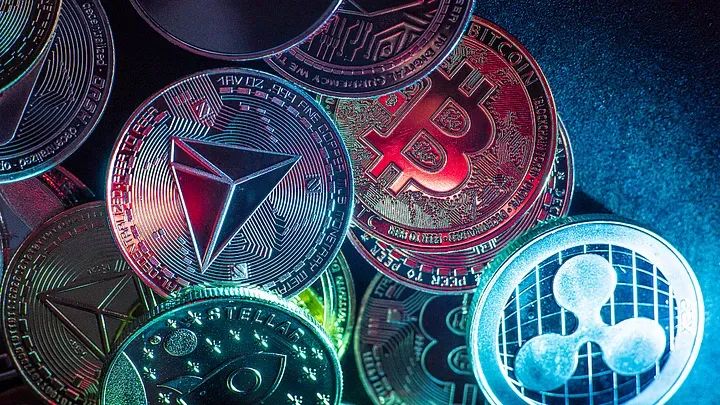
What Is The Difference Between Fungible And Non-Fungible Tokens?
Nov 26,2024 at 01:04pm
Fungible vs. Non-Fungible Tokens: A Comprehensive GuideIn the realm of blockchain technology, the concept of tokens lies at the core of many applications. Tokens represent digital assets that can be used to facilitate transactions, store value, or represent ownership. However, there exists a fundamental distinction between two types of tokens: fungible ...
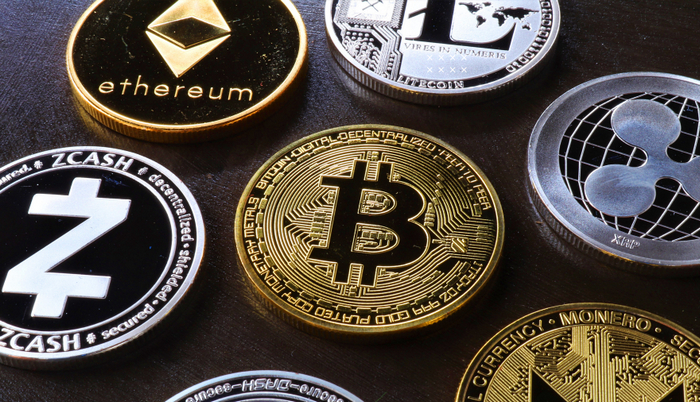
What is a Public Key Infrastructure?
Nov 23,2024 at 12:30am
What is a Public Key Infrastructure?IntroductionA Public Key Infrastructure (PKI) is a framework that enables secure communication over a network by managing digital certificates and public-key cryptography. PKI plays a crucial role in various blockchain applications, ensuring data integrity, authentication, and non-repudiation.Components of a PKIA PKI ...
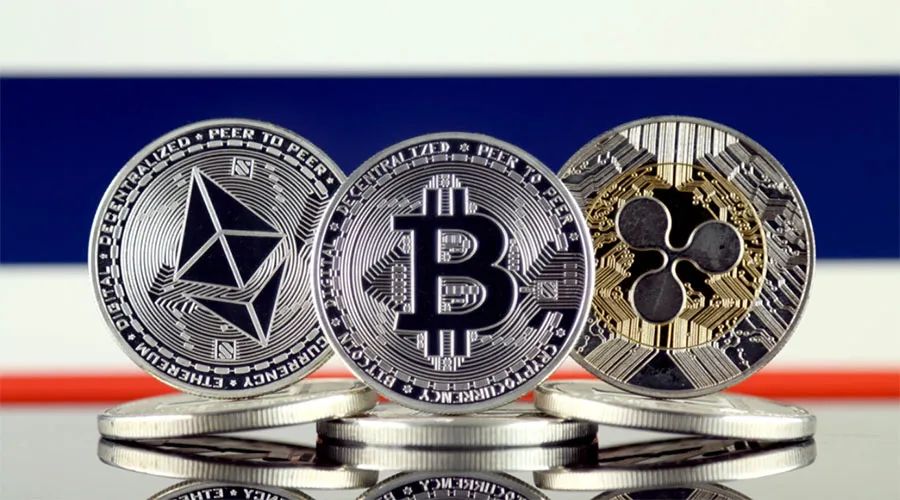
What is MEV (Miner Extractable Value)?
Nov 22,2024 at 06:22pm
What is Miner Extractable Value (MEV)?Introduction:Miner Extractable Value (MEV) is a term used to describe the profit that miners can make by manipulating the order of transactions in a block. This manipulation is possible because miners have the ability to choose the order in which transactions are included in a block, and they can use this power to f...
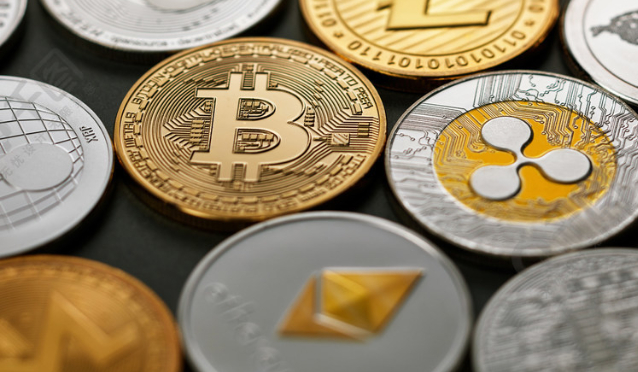
What is a Genesis Block?
Nov 24,2024 at 09:10pm
Decoding the Genesis Block: The Birth of BlockchainIntroductionThe Genesis block stands as the inaugural chapter in the blockchain saga, igniting the spark that revolutionized the world of finance and technology. This foundational block holds immense significance, embodying the inception of immutable ledgers, decentralized networks, and the transformati...
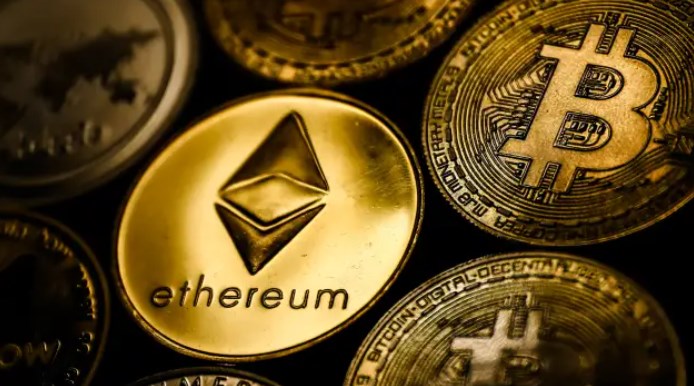
What Is an NFT Game?
Nov 26,2024 at 07:05am
What Is an NFT Game?Non-fungible tokens (NFTs) have taken the digital world by storm, empowering creators, collectors, and enthusiasts alike to own and trade unique digital assets. The integration of NFTs into the gaming industry has given rise to a captivating new realm known as NFT games, where players can not only enjoy immersive experiences but also...
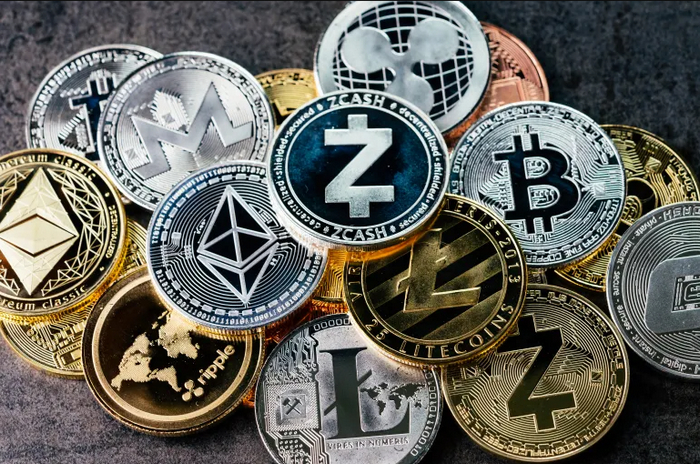
What Is an NFT Marketplace?
Nov 22,2024 at 07:43pm
What Is an NFT Marketplace?An NFT marketplace is a platform that facilitates the buying, selling, and trading of non-fungible tokens (NFTs). NFTs are unique digital assets that represent ownership of a specific item, such as a piece of art, music, video, or other collectible. NFT marketplaces allow users to create, list, and purchase NFTs, with transact...

What Is The Difference Between Fungible And Non-Fungible Tokens?
Nov 26,2024 at 01:04pm
Fungible vs. Non-Fungible Tokens: A Comprehensive GuideIn the realm of blockchain technology, the concept of tokens lies at the core of many applications. Tokens represent digital assets that can be used to facilitate transactions, store value, or represent ownership. However, there exists a fundamental distinction between two types of tokens: fungible ...

What is a Public Key Infrastructure?
Nov 23,2024 at 12:30am
What is a Public Key Infrastructure?IntroductionA Public Key Infrastructure (PKI) is a framework that enables secure communication over a network by managing digital certificates and public-key cryptography. PKI plays a crucial role in various blockchain applications, ensuring data integrity, authentication, and non-repudiation.Components of a PKIA PKI ...

What is MEV (Miner Extractable Value)?
Nov 22,2024 at 06:22pm
What is Miner Extractable Value (MEV)?Introduction:Miner Extractable Value (MEV) is a term used to describe the profit that miners can make by manipulating the order of transactions in a block. This manipulation is possible because miners have the ability to choose the order in which transactions are included in a block, and they can use this power to f...

What is a Genesis Block?
Nov 24,2024 at 09:10pm
Decoding the Genesis Block: The Birth of BlockchainIntroductionThe Genesis block stands as the inaugural chapter in the blockchain saga, igniting the spark that revolutionized the world of finance and technology. This foundational block holds immense significance, embodying the inception of immutable ledgers, decentralized networks, and the transformati...

What Is an NFT Game?
Nov 26,2024 at 07:05am
What Is an NFT Game?Non-fungible tokens (NFTs) have taken the digital world by storm, empowering creators, collectors, and enthusiasts alike to own and trade unique digital assets. The integration of NFTs into the gaming industry has given rise to a captivating new realm known as NFT games, where players can not only enjoy immersive experiences but also...

What Is an NFT Marketplace?
Nov 22,2024 at 07:43pm
What Is an NFT Marketplace?An NFT marketplace is a platform that facilitates the buying, selling, and trading of non-fungible tokens (NFTs). NFTs are unique digital assets that represent ownership of a specific item, such as a piece of art, music, video, or other collectible. NFT marketplaces allow users to create, list, and purchase NFTs, with transact...
See all articles




































